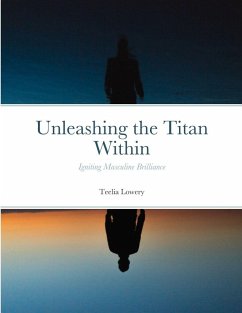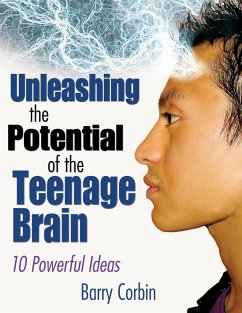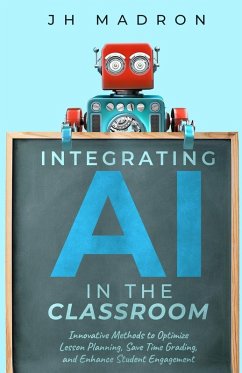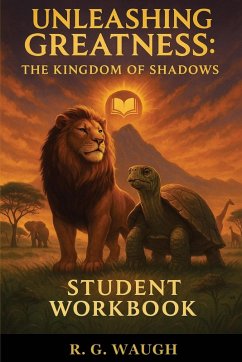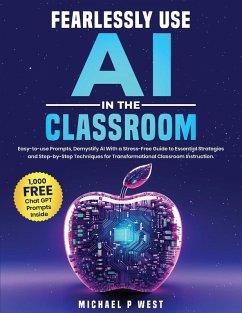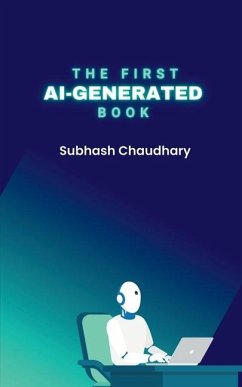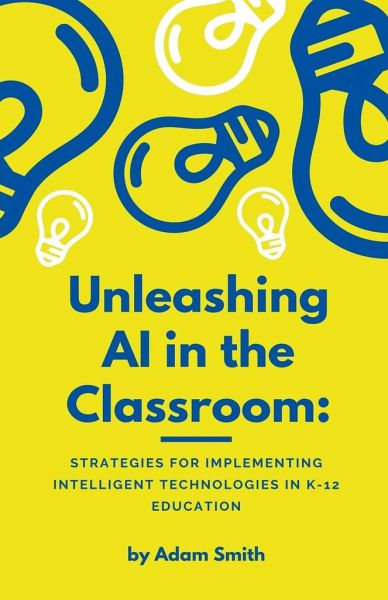
Unleashing AI in the Classroom
Strategies for Implementing Intelligent Technologies in K-12 Education
Versandkostenfrei!
Versandfertig in 1-2 Wochen
11,99 €
inkl. MwSt.

PAYBACK Punkte
6 °P sammeln!
In this groundbreaking work, celebrated author and educational technology expert Adam Smith unravels the transformative potential of artificial intelligence (AI) within the sphere of K-12 education. With "Unleashing AI in the Classroom," Smith shines a bright light on the journey of integrating AI technologies in educational settings, creating a revolutionary framework that is both practical and engaging. Adam Smith takes readers on a voyage of discovery, explaining in-depth how AI can not only augment traditional teaching methodologies but also reshape the entire educational landscape. Drawin...
In this groundbreaking work, celebrated author and educational technology expert Adam Smith unravels the transformative potential of artificial intelligence (AI) within the sphere of K-12 education. With "Unleashing AI in the Classroom," Smith shines a bright light on the journey of integrating AI technologies in educational settings, creating a revolutionary framework that is both practical and engaging. Adam Smith takes readers on a voyage of discovery, explaining in-depth how AI can not only augment traditional teaching methodologies but also reshape the entire educational landscape. Drawing on a wealth of empirical research and real-world examples, Smith expounds on the current use cases of AI in classrooms across the globe, the implications for students, teachers, and parents, and the prospective challenges we might face. The book is divided into three integral parts. In the first, Smith takes the reader through the basics of artificial intelligence, demystifying the complex jargon and breaking down the essentials of AI into an easily digestible format. The second part focuses on the implementation of AI in the classroom, covering the range of tools and technologies available, practical strategies for adoption, and case studies showcasing successful applications. The final part revolves around future possibilities, examining the ethical considerations and societal implications of a future dominated by AI-enabled education. "Unleashing AI in the Classroom" is a must-read for educators, policymakers, parents, and technology enthusiasts, providing valuable insights into the immense potential of AI in education. Smith skillfully crafts a comprehensive guide that will serve as a roadmap for any school or educational body looking to revolutionize their teaching and learning experiences with AI. This book is not just about the 'what' and 'why' of AI in education; it's a practical 'how-to' that equips the reader to become an active participant in the evolving educational landscape. With a balance of scholarly depth and accessible language, Adam Smith encourages educators to leap into the new era of teaching and learning, where AI is not a replacement for human teachers but a robust tool to enhance the educational experience. The future of education is here, and "Unleashing AI in the Classroom" is your passport to it.



